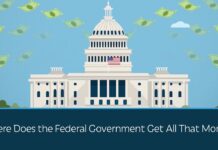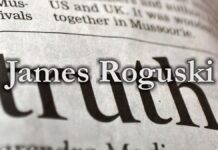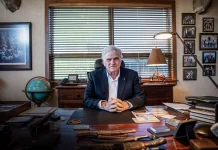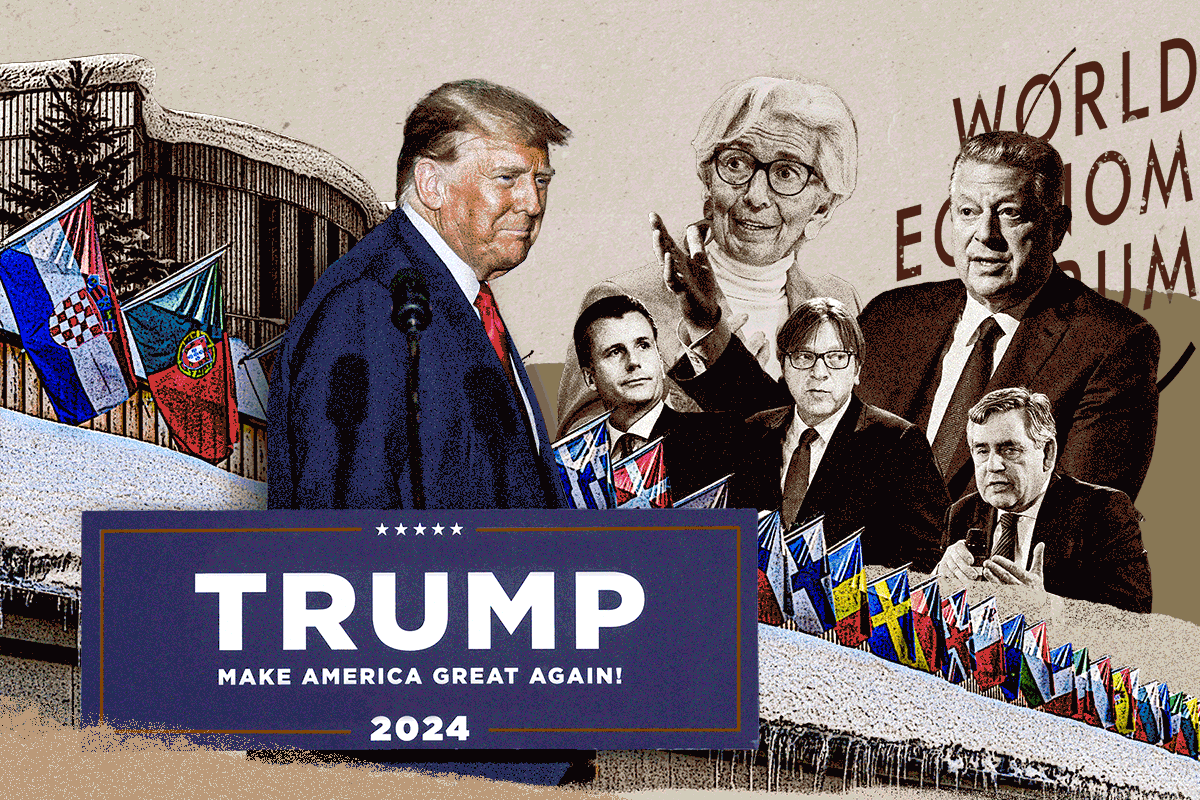The former president’s record-breaking Iowa victory during the global Davos summit raised fears among global leaders, particularly in Europe.
A major news item from across the Atlantic stole the spotlight at this year’s annual summit in Davos, Switzerland, where the world’s wealthiest and most powerful people gathered to address global challenges.
Former President Donald Trump’s record-setting victory in Iowa on Jan. 15 became the talk of the town at the World Economic Forum (WEF) in the Alpine ski village. According to some observers, the question of his potential return to the White House dominated conversations at dinners and parties throughout the summit, overshadowing even the most pressing global issues.
Thousands of global elites, including CEOs, bankers, and policymakers, gathered in Davos for the 54th annual WEF meeting from Jan. 15 to 19. Among the attendees, European Central Bank President Christine Lagarde was openly critical of the former president.
“We are all concerned about it because the United States is the largest economy, the largest defense country in the world, and has been a beacon of democracy, with all its upside and downside,” she said when asked about the upcoming U.S. election during an interview with Bloomberg on Jan. 17.
“We have to be extremely attentive.”
Ms. Lagarde, who served as the head of the International Monetary Fund, described President Trump as a clear “threat” to Europe during a recent interview with France 2, because of his stance on tariffs, NATO, and climate change.
On the last day of the summit, she suggested that the most effective strategy for Europe to prepare for a possible Trump return is to go on the offensive.
“The best defense, if that’s the way we want to look at it, is attack,” she said during a panel discussion on Jan. 19. “To attack properly, you need to be strong at home. So being strong means having a strong, deep market, having a real single market.”
Philipp Hildebrand, former head of the Swiss central bank and current vice chairman of BlackRock, expressed similar views on the upcoming U.S. election.
“You know, we’ve been there before; we survived it, so we’ll see what it means,” Mr. Hildebrand told Bloomberg in Davos. “Certainly, from a European perspective, from a kind of globalist, Atlanticist perspective, it’s of course a great concern.”
By Emel Akan
















































